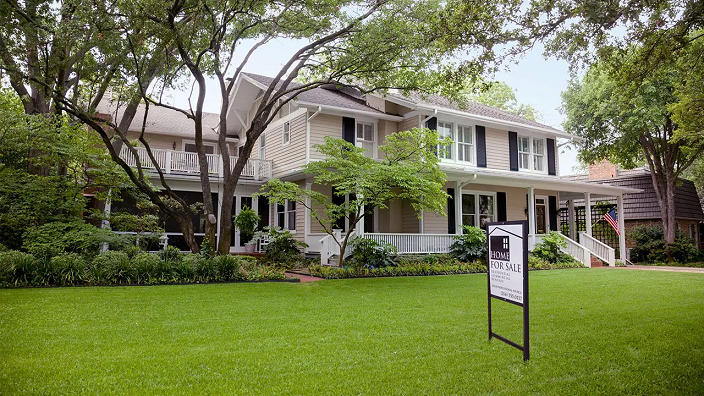Buying a home can help you build equity, get a permanent residence, and save you money in the long term. Before buying your dream home, estimate buying costs and fees. Here are six things you should budget for when looking at homes for sale.
Table of Contents
Toggle1. Closing Costs
Closing costs are the expenses associated with a mortgage. Here are some closing expenses you may encounter:
Application Fee
A real estate appraisal fee facilitates a property’s valuation. Your lender may need you to cover all costs associated with verifying your new home’s worth to confirm the amount you’re borrowing doesn’t exceed your property’s value.
Credit Check Fee
Lenders protect themselves by assessing borrowers’ credit scores before allocating loans. You need to have a budget for living in your new home apart from buying a new property, to help you make an informed decision, here is a quick Guide To Creating A Homebuying Budget. Your credit score may determine whether you get a mortgage and affect its interest rate and the repayment period. A lender can charge a nominal fee to check your creditworthiness.
Appraisal Fee
A real estate appraisal fee facilitates a property’s valuation. Your lender may need you to cover all costs associated with verifying your new home’s worth to confirm the amount you’re borrowing doesn’t exceed your property’s value.
Underwriting Fees
Lenders charge these fees to cover the administrative and overhead costs incurred when processing your loan.
Title Insurance
This payment protects lenders in case property ownership issues arise after property sales go through.
Transfer Tax
This is the cost of transferring a title from a seller’s name to your name. The fee varies from location to location — do your research to gauge how much you’ll spend.
Some lenders can offer a no-closing-cost mortgage if you can’t afford to pay these fees upfront. They can add the closing costs to your loan principal or ask you to pay high-interest rates throughout your repayment period.
2. Mortgage Payment
Your mortgage payment will likely be your most significant recurring expense if you buy a home with a loan. You’ll need to budget for the payment to avoid defaulting since this can cause property foreclosure.
When budgeting for the payments, the 28% rule is a good point of reference. It recommends that you shouldn’t allocate more than 28% of your monthly income to mortgage payments.
3. Homeowners and Mortgage Insurance
Homeowners insurance protects you from bearing the financial burden of repairing your home or replacing items in the event of vandalism, natural disasters like wildfires and wind, and theft. This isn’t a legal requirement, but your lender may require it to protect their investment. You can shop around to find the most affordable option since costs vary among different insurers.
Mortgage insurance protects the lender if you default on your loan. Some lenders may add insurance premiums to your mortgage payments to make the payment process more manageable. You don’t need to budget for mortgage insurance throughout the life of your loan since some lenders can eliminate it after you build equity on your home.
4. Property Taxes
Your local government may require you to pay property taxes for as long as you own your new home. The taxes can be included in your mortgage payments but kept separate from your loan principal and interest repayments. Your home’s value will determine the taxes you’ll need to pay—the higher your property’s value, the more you need to pay as tax.
5. Homeowners Association (HOA) Fees
You’ll likely need to pay monthly HOA fees if you buy a home in a community managed by an HOA. HOA fees go towards community needs like landscaping, gym and pool maintenance, and security. Your HOA may also charge special fees to cover urgent property repairs.
6. Home Maintenance Fees
Budgeting for property maintenance can save you from excessive borrowing. You’ll need to save money to help maintain, repair, or replace large systems and home structures like your HVAC and roofing. Budget for utilities like energy, water, and gas, as you’ll likely need to pay for them monthly.
Budget When Looking for Homes for Sale
You can avoid overspending by budgeting for key expenses when assessing homes for sale. Common expenses incurred by homeowners include closing costs, mortgage payments, homeowners’ insurance, property taxes, HOA fees, and maintenance expenses. Budgeting for these expenses can save you from digging into your emergency fund too soon or going too much into debt. Save money and compare lenders to find the best borrowing rates.











